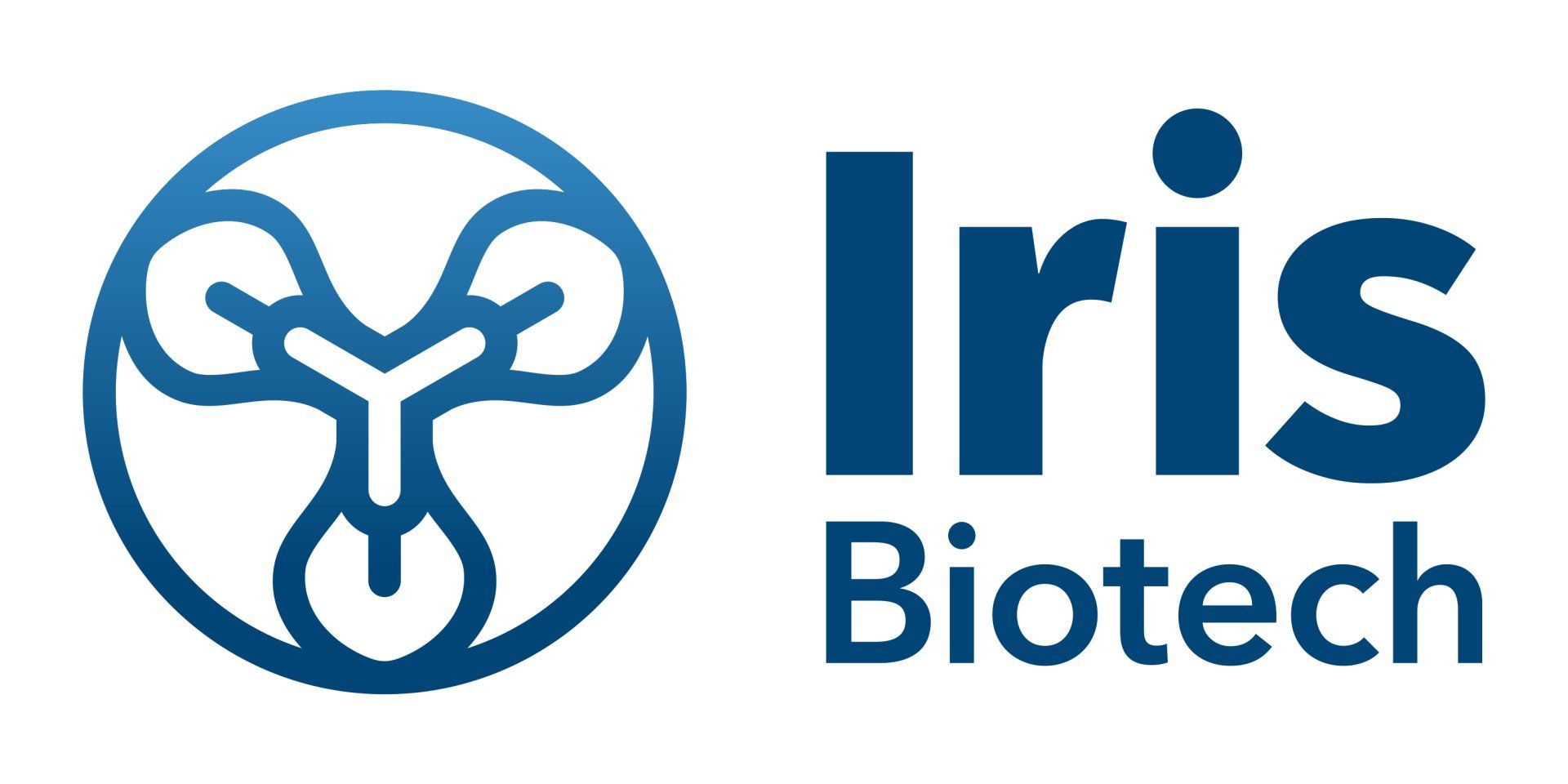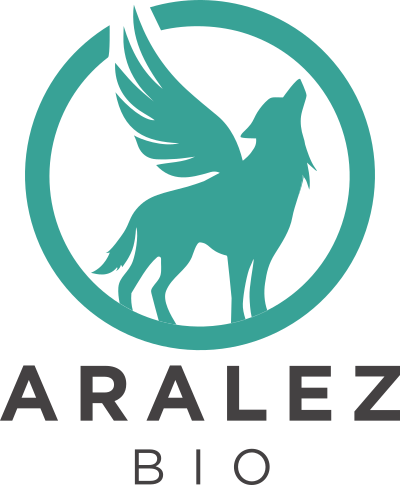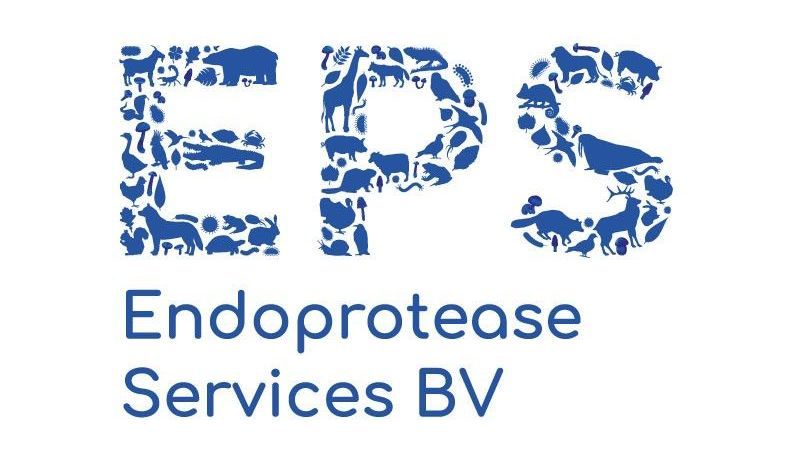
Slide title
Write your caption hereButton
Slide title
Write your caption hereButton
Slide title
Write your caption hereButton
Slide title
Write your caption hereButton

Slide title
Write your caption hereButton
Slide title
Write your caption hereButton
Slide title
Write your caption hereButton
Slide title
Write your caption hereButton

Slide title
Write your caption hereButton
Slide title
Write your caption hereButton
Slide title
Write your caption hereButton
Slide title
Write your caption hereButton

Elisabetta Bianchi
Senior Director Peptide Chemistry
IRBM S.p.A.
Elisabetta Bianchi is Senior Director of Peptide Chemistry at IRBM SpA (Pomezia, Italy), leading the efforts in the development of peptide therapeutics with a track record in the clinic. She has started her career in the pharmaceutical industry in the Peptide Chemistry Group at Eniricerche and then in Sclavo and Menarini Ricerche before joining IRBM in 1991. After full acquisition of IRBM by Merck Research Laboratories in 2000, she was appointed Senior Investigator in the Peptide Center of Excellence at Merck. As project leader and member of Merck Early Development Teams, she contributed to the preclinical and clinical development of peptide therapeutics and vaccines. She earned her M. Sc. in Chemistry from Università La Sapienza in Rome and 2nd level Master degree in Preclinical and Clinical Development of Drugs from Università Cattolica del Sacro Cuore in Rome. In 2014 she obtained the Italian National Academic Qualifications as associate professor in Organic Chemistry and Molecular Biology. She is the author of more than 80 scientific publications in peer-reviewed journals and inventor in more than 40 patents and patent applications.
L09 - Chemical Approaches for Next Generation Peptide Therapeutics
In the last years, the development of new synthetic strategies in the peptide chemistry field has significantly accelerated the peptide development process contributing to the increased number of approved drugs on the market. Innovative drugs are being developed based on peptides and small proteins as key players in physiological pathways, including actions as hormones, neurotransmitters, growth factors, ion channel ligands. Moreover macrocycles are now establishing as a new modality for targeting protein/protein interactions, with the great acceleration driven by phage and mRNA display technologies, where large libraries are screened for the identification of novel and potent macrocyclic peptide leads. In the discovery process, a peptide lead is optimized to acquire drug-like status by fine tuning its properties such as activity towards the target, selectivity, chemical and metabolic- stability and desired half-life profile. To accomplish these goals, a full repertoire of advanced synthetic strategies is needed. State-of-the-art synthesis in solution, high performance solid phase synthesis, native chemical ligation and the access to a larger diversity in the chemical space through non-natural amino acids are essential to support the development of candidates having the requested profile. A journey through novel and advanced synthetic strategies applied to target molecules in a wide molecular weight range will show how chemical tools are key players in the successful development of new peptide drugs.
